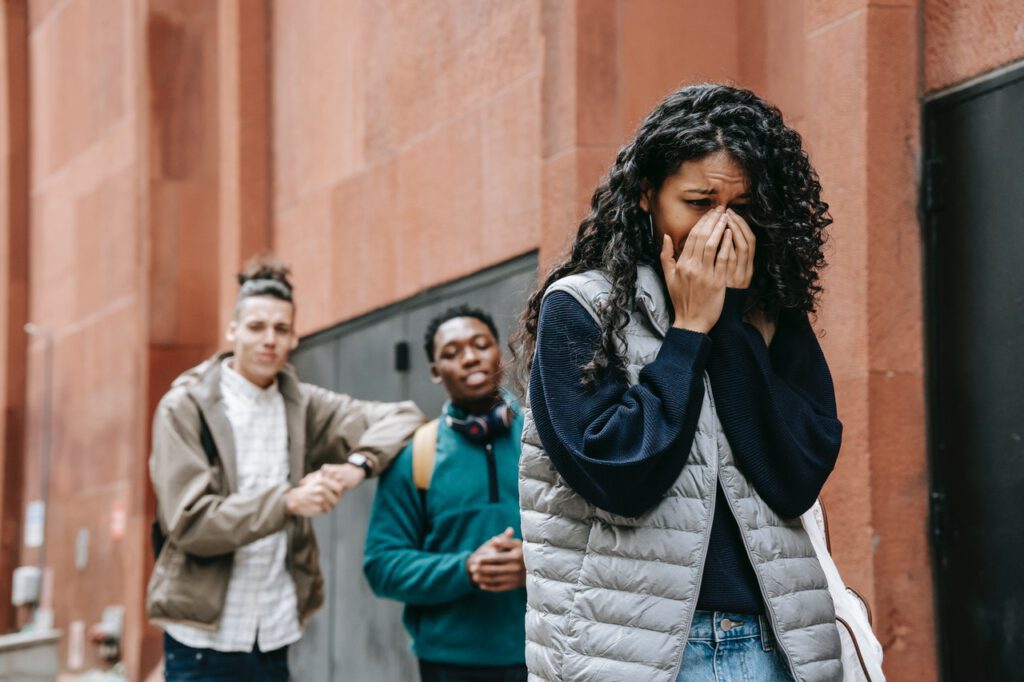Ending sexual violence across all further education, skills, and lifelong learning

@The_WLN issued a statement and launched a new campaign today (5 Jul) to end sexual violence across all further education, skills, and lifelong learning.
The campaign is in response to Everyone’s Invited, the Ofsted Review of sexual abuse in schools and colleges, and updated inspection handbook and in recognition that while safeguarding teams and local initiatives do important work, we need to do more to end the toxic behaviours and attitudes that replicate rape culture in places of education and employment.
“We amplify the voices of the 51,000-plus who bravely shared their testimonies.”
“We must own our duty to eradicate sexual harassment and violence, deal with trauma experienced by students and staff, work with others to support and give voice to survivors, empower them to be part of the solution, and deal with perpetrators.”
The Everyone’s Invited website identifies the schools (58 pages of named schools) and universities (119). Testimonies relating to FE colleges, skills, and lifelong learning are not, or not yet, reported in this way. This is probably more an indication of not understanding the further education landscape than the absence of testimonies from students who have experienced sexual violence in our sector. For example, there are many testimonies about sixth forms, but sixth forms are categorised as schools.
The risk is survivors’ experiences, perpetrators’ acts of violence and abuse are invisible as is the sector’s work. Providers, policy makers and politicians may assume or choose to believe that sexual violence is not an issue for us.
Ofsted appears to be concerned only with ‘Sexual harassment and violence and online sexual abuse between learners who are children or young people.’
Contrary to this, we recognise the pervasive realities of rape culture, power relationships and that sexual harassment and violence may be staff on student, student on staff, and staff on staff.
The sector had a chance to tackle sexual violence in 2019—when the NUS published Sexual Violence in Further Education: A study of students’ experiences and perceptions of sexual harassment, violence, and domestic abuse in further education but we took too little action.
The focus of the research was FE colleges and student-on-student sexual and domestic violence. It found:
- Evidence of ‘rape culture’ and FE lagging behind higher education in addressing the issues.
- 75 per cent of respondents had at least one unwanted sexual experience.
- 33 per cent of sexual harassment took place at college. 20 per cent during class and 87 per cent at college but not during class.
- 9 per cent of unwanted sexual comments were received from a figure of authority (such as a boss or tutor) and this group were also responsible for 4 per cent of incidents where respondents had been both pressured into a relationship and threatened for being sexually uncooperative.
- Approximately 14 per cent experienced unwanted physical attempts at sexual intercourse and 12 per cent experienced unwanted sexual intercourse.
- Sexual harassment and violence were heavily gendered: Men were the perpetrators in 93 per cent of reported cases of attempted and unwanted sexual intercourse/rape.
WLN demands
- Research into levels of sexual violence experienced by staff and students across all types of provision.
- The changes to national education policy needed to deliver intersectional gender equality and the responsibilities of government and providers to protect all women and girls.
- Funding that reflects the scale, urgency, and imperative to eradicate sexual violence.
- A whole sector approach including:
· accountable leadership
· safe, supported sharing of incidences and data
· trauma-informed policies and practice
· survivor-informed solutions
· effective dissemination and replication of the most impactful actions.
- We show solidarity with and develop external partnerships, for example, with ‘Everyone’s Invited’ and the Violence Against Women and Girls (#VAWG) sector.
- Sector-designed and delivered training to bring about the zero-tolerance culture and behavioural changes needed to sustain the eradication of sexual violence.












Responses